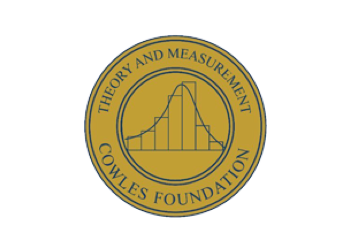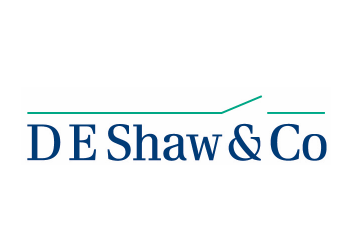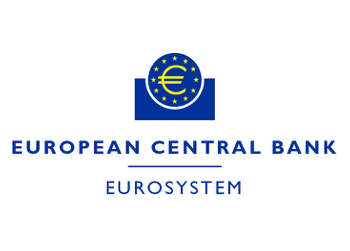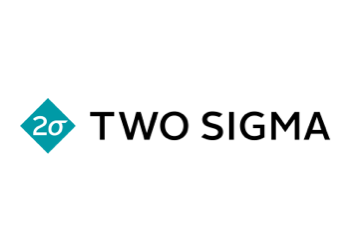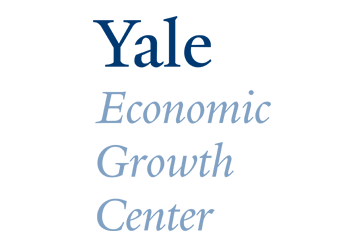| Presenter(s) | Type | Length | Chair | Room Number | Add to calendar | ||
|---|---|---|---|---|---|---|---|
| Joel Sobel | Keynote Address | 29/08 | 16:30 CEST |
75
mins |
Antonio Cabrales
|
Auditori
|
Add to Calendar
2023-08-29 16:30:00
2024-12-19 19:53:03
EEA-ESEM 2023: JJ Laffont Lecture. Room: Auditori
I introduce a framework for studying deceptive behavior. Informally, one statement is more deceptive than another if it leads an audience to have less accurate beliefs. I describe different ways to describe accuracy of beliefs. An important issue for public policy is the extent to which deceptive behavior harms consumers. One statement is more damaging than another relative to a class of preferences if it harms every individual with preferences in the class. "Damage-deception results'' demonstrate that a statement is deceptive (according to some notion of accuracy) if and only if it is damaging (to individuals with preferences in an associated class). These results suggest that what constitutes deceptive behavior depends on the preferences of the audience.
I introduce a framework for studying deceptive behavior. Informally, one statement is more deceptive than another if it leads an audience to have less accurate beliefs. I describe different ways to describe accuracy of beliefs. An important issue for public policy is the extent to which deceptive behavior harms consumers. One statement is more damaging than another relative to a class of preferences if it harms every individual with preferences in the class. "Damage-deception results'' demonstrate that a statement is deceptive (according to some notion of accuracy) if and only if it is damaging (to individuals with preferences in an associated class). These results suggest that what constitutes deceptive behavior depends on the preferences of the audience.
EEA-ESEM 2023
congress@eeassoc.org
Europe/Rome
public
|
I introduce a framework for studying deceptive behavior. Informally, one statement is more deceptive than another if it leads an audience to have less accurate beliefs. I describe different ways to describe accuracy of beliefs. An important issue for public policy is the extent to which deceptive behavior harms consumers. One statement is more damaging than another relative to a class of preferences if it harms every individual with preferences in the class. "Damage-deception results'' demonstrate that a statement is deceptive (according to some notion of accuracy) if and only if it is damaging (to individuals with preferences in an associated class). These results suggest that what constitutes deceptive behavior depends on the preferences of the audience.



